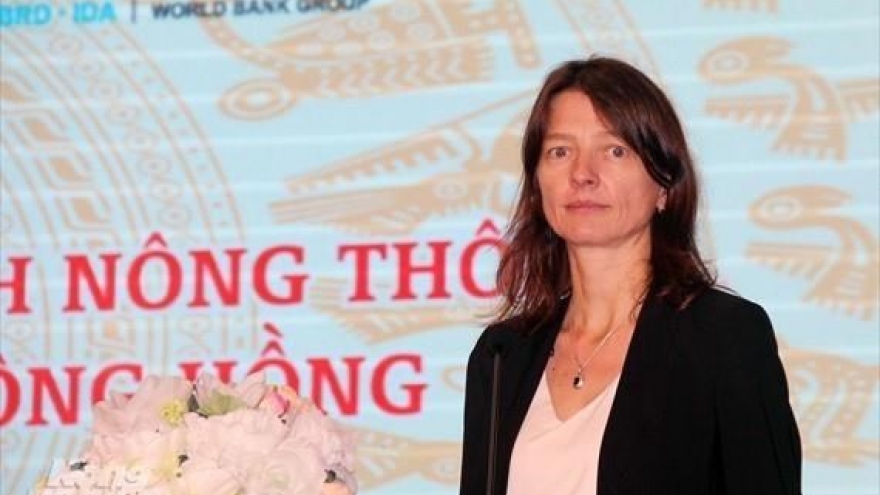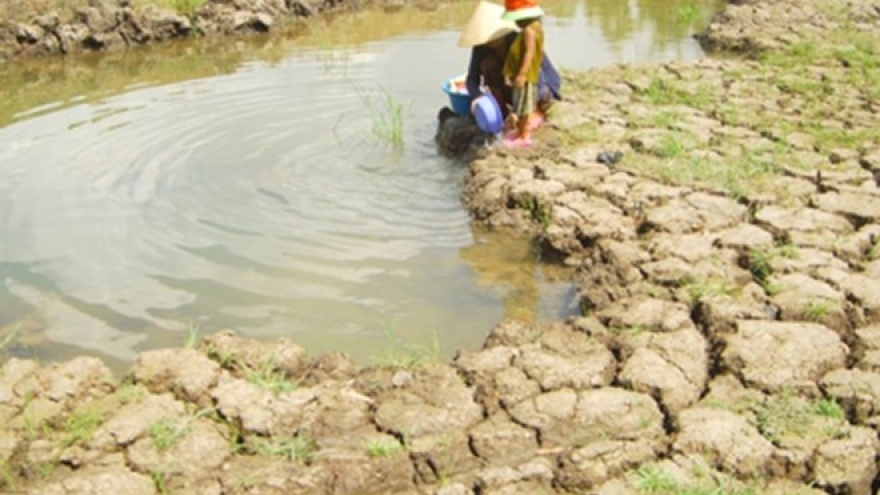Should foreign companies be allowed to join Vietnam's water supply market?
The water supply market is beset with many groups of interests, according to Luu Binh Nhuong, a National Assembly Deputy.
 |
| Song Duong Water Plant |
Song Duong Plant, which provides water to Hanoi, was inaugurated two months ago. With the investment capital of VND5 trillion, it has the capacity of 300,000 cubic meters per day.
Song Duong is not the only water supply company that the Thai investor pour money into. It also spent 31.9 million baht, or VND24 billion, to acquire 47.31 percent of shares in Cua Lo Water Supply Plant, water the producer and supplier in Nghe An province. The deal was announced last March.
Also in the province, the holding company of WHAUP has another investment project – WHA Industrial Zone 1, capitalized at VND22 trillion ($1 billion), covering an area of 3,200 hectares.The water demand from households and industrial production in Nghe An has been increasing in accordance with the development of Vietnam’s economy. Therefore, the company hopes the investment in Cua Lo will bring profits.
Manila Water, a subsidiary of Ayala Group, is another big foreign investor in the water supply industry. The player joined the market soon, in 2011.
2011 was the time when Vietnam witnessed a movement of investment in the water supply sector. A lot of foreign investment funds also jumped into the market. However, analysts said the investment funds simply made financial investments, but did not want to participate in production and execution.
According to Nguyen Quang Dong, director of the Institute for Policy Studies and Media Development, other countries don’t allow foreign companies to provide this kind of service because this is a matter of energy security.
Water supply institutions can be a combination of state and private ownership, or purely private ownership. In the UK, for example, since 1989, 100 percent of water supply institutions have been private.
However, most countries don’t allow foreign private investors to join their water supply sector. They only allow domestic enterprises to provide the service.
In Vietnam, according to Dong, it would be better to allow private investors to undertake one phase of the supply chain (there are three phases of the chain, including production and wholesale, transmission, and retail).
Dong believes the other two must be implemented by the state.



